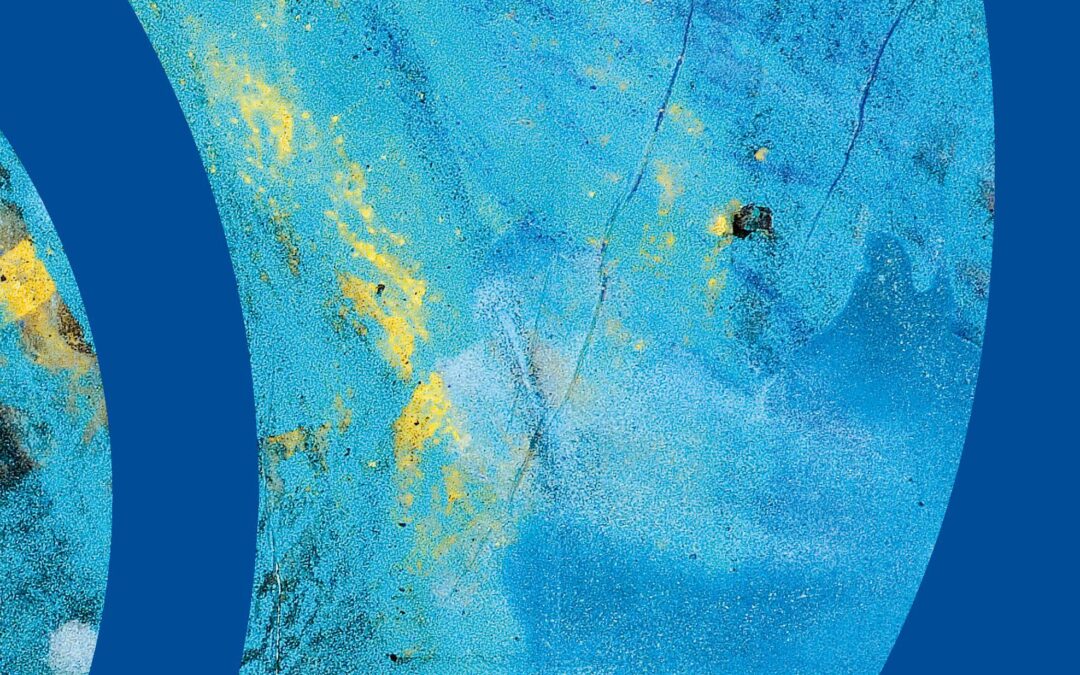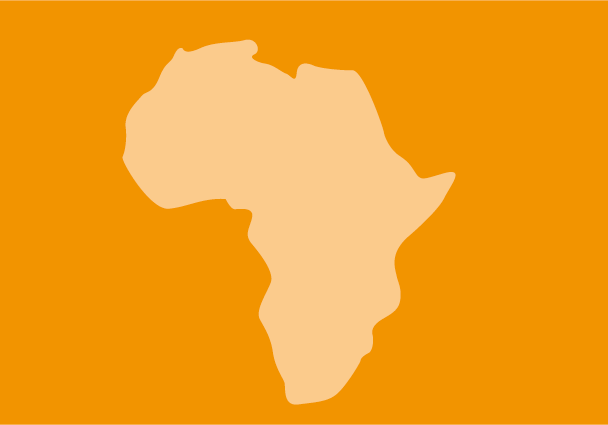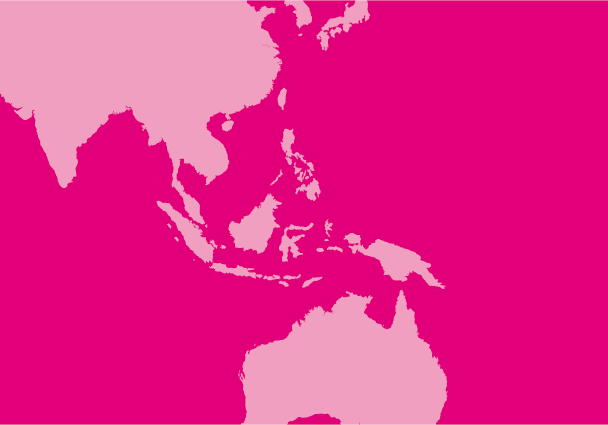
Morocco: judicial reform must be comprehensive and meaningful
The ICJ today called on the Moroccan authorities to ensure comprehensive and meaningful reform of the judiciary.
The statement comes as the ICJ concluded a high-level mission to Morocco and launched its report Reforming the Judiciary in Morocco, on 21 November 2013.
The ICJ said that reforms should aim at putting an end to any form of undue influence or control by the executive over judicial matters. It called for the reinforcement of the authority of the newly established Conseil Supérieur du Pouvoir Judiciaire (CSPJ) over all aspects of the careers of both judges and prosecutors.
The ICJ stressed that the Office of the Public Prosecutor (OPP) should be kept independent of the judiciary and that it must carry out its activities objectively, impartially and in defence of human rights.
The organization also urged that the jurisdiction of military courts be restricted to military personnel for breaches of military discipline, and that by no means should military courts be used to try crimes consisting of human rights violations.
“The ICJ welcomes efforts by the Moroccan authorities to expand the competencies of the CSPJ over matters relating to the career of judges, including their nomination, promotion and disciplinary proceedings,” said Justice Kalthoum Kennou, ICJ Commissioner and judge at the Tunisian Cassation Court. “However, in elaborating the new laws relating to the judiciary, the Moroccan authorities must ensure that the legislation does not undermine, but instead reinforces, the independence of the judiciary in a manner that makes it an effective authority for the fair administration of justice.”
The ICJ emphasized that the new laws should provide clear and objective criteria for the members of the CSPJ who are either elected or appointed by the King and should ensure that the CSPJ has financial and administrative autonomy and plays a meaningful role in budgeting for the judiciary.
The organization also called for the elaboration and adoption of a comprehensive code of judicial ethics, in line with international standards, to serve as basis to ensure judicial accountability in Morocco.
The ICJ said that it considered that the reform of the judicial system in Morocco must include the reform of the OPP.
The Minister of Justice should have no authority over the OPP, including the careers of individual prosecutors. Since prosecutors are part of the judicial corps, guarantees of security of tenure should be extended to prosecutors.
The nature and scope of any power by hierarchical superiors to issue written instructions to prosecutors should be defined in law. Political authorities should be precluded from issuing instructions pertaining to individual cases, such as those aimed at preventing an investigation from proceeding to court.
The ICJ also indicated that meaningful reform of the judiciary must include the military justice system.
“The Moroccan authorities must ensure that civilians are not tried before military courts and that the jurisdiction of these courts is limited to trials of members of the military in cases involving alleged breaches of military discipline,” said Said Benarbia, Senior Legal Adviser for the Middle East and North Africa (MENA) Programme of the ICJ. “Where military courts are used, they must respect all aspects of the right to a fair trial, including the requirement of adequate time and facilities for the preparation of defence, access to materials that the prosecution intends to rely on in court, and the right of appeal of the conviction and sentence by the military court to a higher civilian tribunal.”
Contact:
Said Benarbia, ICJ Senior Legal Adviser of the Middle East and North Africa Programme, tel: 41 22 979 38 17, e-mail: said.benarbia@icj.org
Additional information:
During its mission, the delegation met with: Mr. Mustapha Ramid, Minister of Justice; Mr. Driss Dahak, Secretary General of the Government; Mr. Karim Ghellab, President of the House of Deputies; Mr. Mohamed Cheikh Biadillah, President of the House of Counsellors; Mr. Mustapha Farès, President of the Cassation Court; Mr. Abdelhalim Wahbi, President of the Commission on Justice, Legislation and Human Rights of the House of Deputies. The ICJ also met with representatives of the judiciary, the legal profession and civil society.
The delegation was composed of Kalthoum Kennou, ICJ Commissioner and judge at the Cassation Court in Tunisia, Said Benarbia, Senior Legal Adviser for the MENA Programme of the ICJ and Laura Torre, Programme Officer for the MENA Programme.
Morocco-Reforming the Judiciary-publications-reports-2013 (full text in pdf)









